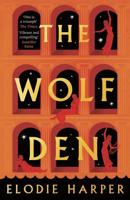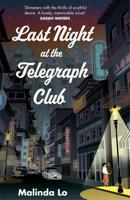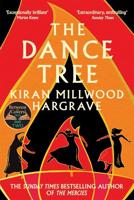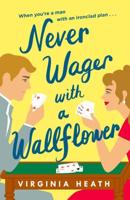Publisher's Synopsis
Returning to Russia from a tour in Italy, twenty-three-year-old Dimitry Sanin breaks his journey in Frankfurt, where he encounters the beautiful Gemma Roselli, who works in her parents' patisserie, and falls deeply and deliriously in love for the first time. Convinced that nothing can come in the way of everlasting happiness with his fiancee, Dimitry impetuously decides to begin a new life and sell his Russian estates. But when he meets the potential buyer, the intriguing Madame Polozov, his youthful vulnerability makes him prey for a darker, destructive infatuation.It was the summer of 1840. Sanin was in his twenty-second year, and he was in Frankfort on his way home from Italy to Russia. He was a man of small property, but independent, almost without family ties. By the death of a distant relative, he had come into a few thousand roubles, and he had decided to spend this sum abroad before entering the service, before finally putting on the government yoke, without which he could not obtain a secure livelihood. Sanin had carried out this intention, and had fitted things in to such a nicety that on the day of his arrival in Frankfort he had only just enough money left to take him back to Petersburg. In the year 1840 there were few railroads in existence; tourists travelled by diligence. Sanin had taken a place in the 'bei-wagon'; but the diligence did not start till eleven o'clock in the evening. There was a great deal of time to be got through before then. Fortunately it was lovely weather, and Sanin after dining at a hotel, famous in those days, the White Swan, set off to stroll about the town. He went in to look at Danneker's Ariadne, which he did not much care for, visited the house of Goethe, of whose works he had, however, only read Werter, and that in the French translation. He walked along the bank of the Maine, and was bored as a well-conducted tourist should be; at last at six o'clock in the evening, tired, and with dusty boots, he found himself in one of the least remarkable streets in Frankfort. That street he was fated not to forget long, long after. On one of its few houses he saw a signboard: 'Giovanni Roselli, Italian confectionery', was announced upon it. Sanin went into it to get a glass of lemonade; but in the shop, where, behind the modest counter, on the shelves of a stained cupboard, recalling a chemist's shop, stood a few bottles with gold labels, and as many glass jars of biscuits, chocolate cakes, and sweetmeats - in this room, there was not a soul; only a grey cat blinked and purred, sharpening its claws on a tall wicker chair near the window and a bright patch of colour was made in the evening sunlight, by a big ball of red wool lying on the floor beside a carved wooden basket turned upside down. A confused noise was audible in the next room. Sanin stood a moment, and making the bell on the door ring its loudest, he called, raising his voice, 'Is there no one here?' At that instant the door from an inner room was thrown open, and Sanin was struck dumb with amazement.









